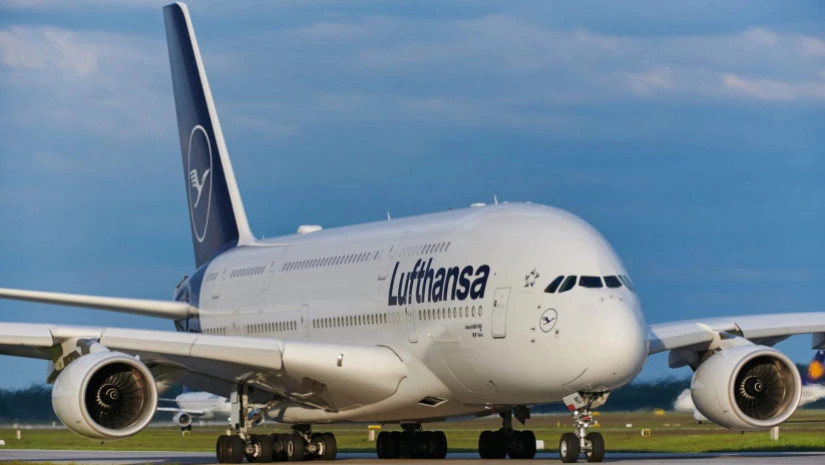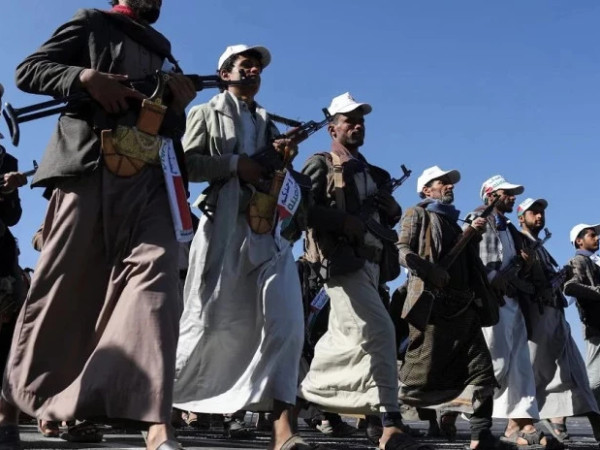Pilots employed by Lufthansa have overwhelmingly voted in favor of a strike following a referendum conducted by their union, the Vereinigung Cockpit (VC). This decision comes as a result of ongoing negotiations regarding the company's pension plans. A significant majority of pilots from both Lufthansa and its cargo division expressed their support for potential industrial action, with the union indicating that all necessary measures, including strikes, could be implemented if required.
While no specific date for the strike has been announced, the union's leadership will decide on the next steps. Historically, when pilots have gone on strike at Lufthansa, the airline has canceled nearly all flights scheduled during the strike period.
Participation in the vote was high, with 90% of Lufthansa pilots and 95% of those from Lufthansa Cargo taking part. Of those who voted, 88% of Lufthansa pilots and 96% of Cargo pilots supported the strike mandate. The required threshold for the vote to pass was a minimum of 70% support among the affected members, and abstentions were counted as votes against.
The last time Lufthansa pilots engaged in a strike was in 2022, highlighting the seriousness of the current situation. In response to the potential strike, Lufthansa is advocating for a resolution through negotiation. Michael Niggemann, the company's personnel chief, expressed hope that the union would return to the bargaining table, noting that the outcome of the vote has been acknowledged by the airline.
Currently, Lufthansa's core operations are undergoing a stringent restructuring process due to financial deficits. The company's leadership has indicated that it lacks the resources to enhance what they consider an already substantial pension scheme.
In a broader context, Lufthansa plans to reduce its workforce by 4,000 positions, prompting resistance from the Verdi union, which is also facing challenges in its negotiations. Furthermore, the Lufthansa board has reaffirmed its strategy to shift smaller aircraft operations, and consequently, pilot jobs, to more cost-effective airlines, with a significant portion of short- and medium-haul flights expected to be operated by external entities by 2030.


















